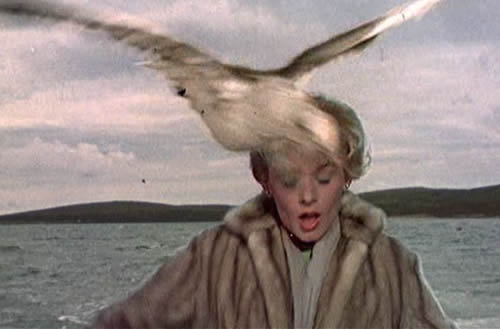What I’ve learned about music from birds
mainFrom my essay in the new issue of The Critic:
Overnight, all noise ceased as the world went into lockdown. No planes, no trains, no cars. For three days I listened to nothing but birdsong, marvelling at the variety and the volume. Could it be that the birds were singing louder? Ornithologists, called onto the BBC, said that, on the contrary, the birds were singing softer now they no longer had to compete with cars to get their courtship messages across to the other sex. Whatever, it worked. Birds are nesting in my front garden for the first time since I’ve lived in central London.
If birds were the first beneficiaries of shutdown, we were next. Humans could hear that birds were maestros, offering a clearly stated theme, varied repetitions and an upbeat ending, often with a high final note to solicit a reply. Oh, so that’s how it’s done? Then French composer Olivier Messaien based much of his music on birdsong. Held in a German prisoner-of-war camp in Poland, far from home, Messaien composed a Quartet for the End of Time which twitters with simulated birdsong and embeds it in concentrated form in a movement titled “Abîme des oiseaux”, an abyss of birds. I have never been moved by this passage or by any of Messiaen’s other mimicries in his interminably long and irredeemably literal Catalogue d’oiseaux. Frankly, birds do it better.
I have similar reservations about Beethoven’s chirp of nightingales in the Sixth Symphony and Mahler’s in his Third. Ravel does it, Janacek does it, and so do Schumann, Grieg, Liszt and many more. Every time I hear the sound of birds imitated in classical music I feel diminished. Birds are perfect creatures, divinely wrought. Human composers are forceful strivers, mere contrivances…..
Read on here.







Comments